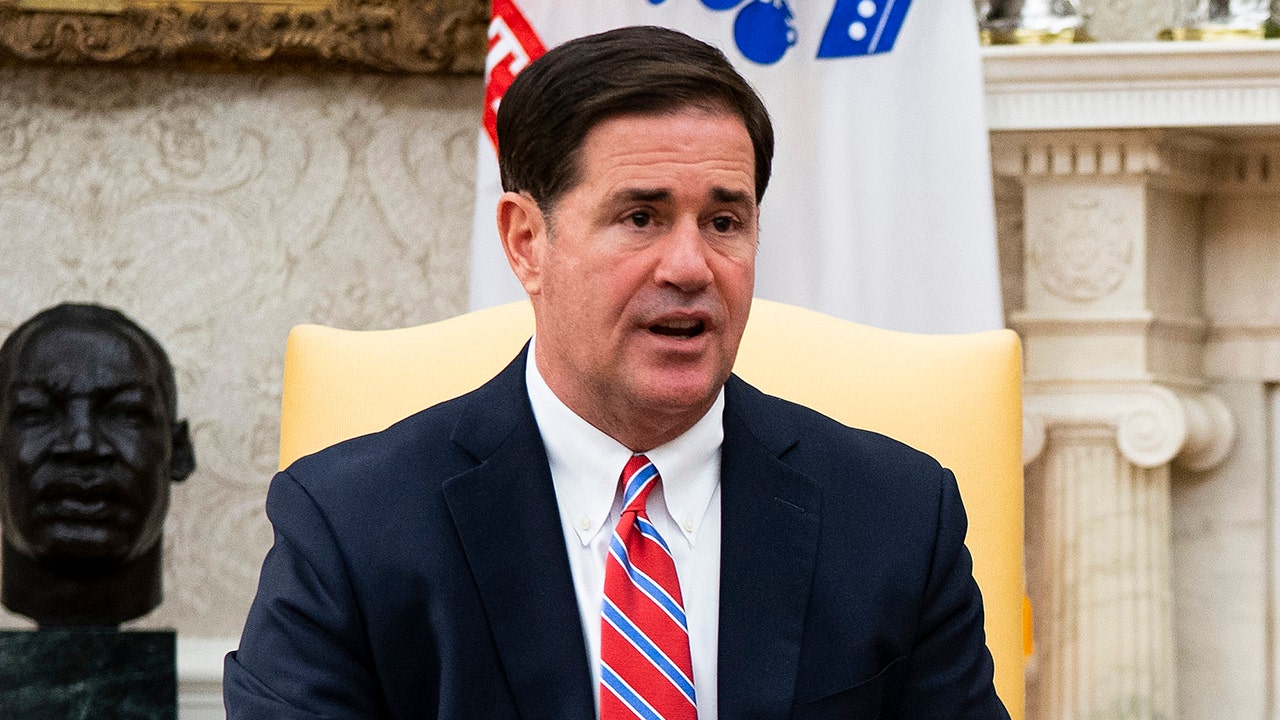Free Market Moves That Drive Innovation
Innovation thrives where creativity meets opportunity. The free market is not simply a place of exchange, it is a catalyst that fuels progress, empowering entrepreneurs and enterprises to experiment, refine, and succeed. Within this dynamic arena, free market innovation drivers act as the invisible engines that propel industries forward, sparking breakthroughs that reshape the way people live and work.

Competition as a Spark of Progress
When companies compete, ingenuity rises. Rivalry motivates organizations to outperform each other in efficiency, quality, and originality. This pressure produces more than incremental improvements; it often births groundbreaking solutions that redefine entire sectors. Competition is one of the most powerful market forces shaping innovation, pushing businesses beyond complacency and into the realm of bold experimentation.
Think of the technology sector, where every leap in speed, design, or capability has been spurred by the relentless pursuit of a competitive edge. Without this constant challenge, progress would stall. Instead, the free market ensures that innovation never rests.
The Role of Consumer Demand
Consumers wield extraordinary influence. Their choices, preferences, and expectations drive change at an astonishing pace. Businesses eager to retain loyalty must constantly adapt, improve, and reinvent. The desire to satisfy customer needs has long been a hallmark of innovation through free market activity.
From eco-friendly packaging to personalized digital experiences, consumer voices have shaped modern commerce. Companies that listen carefully and respond swiftly discover not only loyalty but also growth. In this sense, every purchase or review contributes to the collective momentum of innovation.
Risk and Reward Dynamics
The free market rewards those willing to take risks. Entrepreneurs who step into uncertain territory often pave the way for new industries, setting standards that others eventually follow. Risk capital, whether in the form of venture funding or bold personal investment, creates fertile soil for ideas to flourish.
It is this willingness to embrace uncertainty that cultivates a powerful free market creativity boost. In environments where failure is tolerated as part of the process, bold ventures emerge, transforming obstacles into opportunities and setbacks into stepping stones.
Global Interplay and Knowledge Sharing
Markets are no longer confined within national borders. A single idea can travel the globe in moments, gathering feedback, scaling quickly, and adapting to diverse conditions. This global connectivity enriches free market innovation drivers by exposing businesses to varied perspectives, techniques, and cultural nuances.
Collaboration across continents accelerates discovery. When different viewpoints and skill sets converge, the results often exceed the sum of their parts. This interconnected environment amplifies the pace of innovation like never before.
Technology as the Accelerator
Technology not only fuels but also amplifies the rhythm of change. Digital platforms, artificial intelligence, and automation enhance productivity while expanding possibilities. By lowering barriers to entry, technology allows small enterprises to compete with established giants, democratizing opportunity and driving innovation through free market mechanisms.
With each technological stride, industries are redefined. What once seemed distant or unattainable rapidly becomes mainstream, proving how closely tied the free market and innovation truly are.
Sustainability and Ethical Considerations
Modern innovation does not solely aim for profit. It also seeks to solve pressing global challenges. Companies are increasingly blending sustainability with profitability, recognizing that responsible practices attract investors and consumers alike. The integration of environmental and ethical priorities reveals how market forces shaping innovation extend beyond financial metrics into social and ecological domains.
This shift illustrates that innovation is not only about creating more but about creating better, ensuring long-term prosperity.
The Future of Innovation in the Free Market
The free market is an ever-shifting landscape, but one truth endures: creativity flourishes where opportunity and challenge coexist. Enterprises that remain agile, attentive to consumer needs, and willing to embrace bold experimentation are the ones that thrive. By harnessing free market innovation drivers, industries will continue to redefine boundaries and unlock remarkable possibilities.
The ongoing interplay of competition, demand, risk, global collaboration, and sustainability reveals how deeply intertwined innovation is with commerce itself. For those who remain watchful and proactive, the free market offers an inexhaustible reservoir of discovery, a perpetual free market creativity boost that drives progress for society as a whole.







